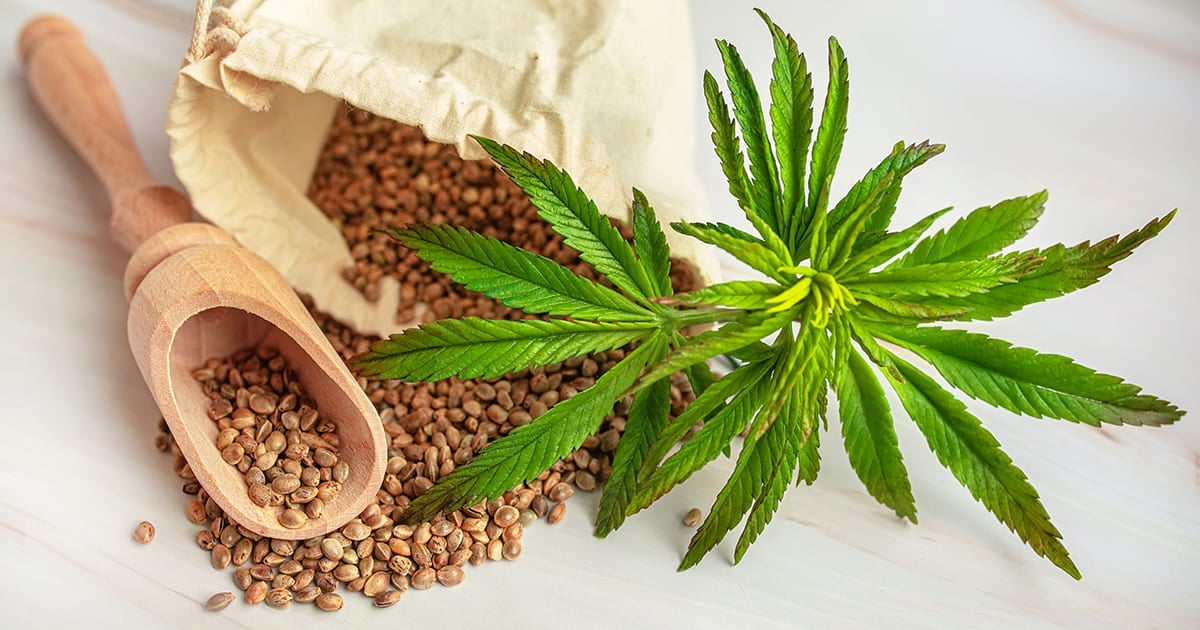Cannabis and Caffeine Increase the Risks of Heart Arrhythmia

Heart arrhythmia can happen to anybody. There are many factors that cause such condition, especially the improper use of cannabis and/or caffeine, if consumed too much, may cause heart arrhythmia. It is important that everybody understands and consults a cardiologist to learn how to consume them properly, so they will not be harmful to your heart and body.
The Cause of Heart Arrhythmia
Heart arrhythmia, or irregular heartbeat, is an abnormality of electrical generator, abnormality of electrical conductor, or both conditions in the heart. As a result, the heart beats slower or faster than the normal range of 60 to 100 beats per minute or the patient may experience heart palpitation. Patients must be treated immediately if the symptoms are severe.
Risk Factors of Heart Arrhythmia
- Factors other than heart and blood vessels problems include infections; high fever; dehydration due to severe diarrhea or heavy blood loss; inadequate rest; stress; thyroid disease; sleep apnea; taking stimulants such as nasal decongestant, cannabis overdose; or consuming stimulating beverages such as tea, coffee or soda, etc.
- Intrinsic factors of heart and blood vessels problems include heart attack, myocardial wall thickening, endocarditis, hypertension, ventricular fibrillation, atrial fibrillation, etc.

Cannabis and Cardiac Arrhythmias
Currently, cannabis is no longer restricted in Thailand, so it is being used widely. There are 2 types of cannabis extracts: THC which helps improve sleep, increase appetite, relieve chronic pain but it must be used with caution as it affects the brain and cause intoxication; and CBD which helps reduce skin inflammation and counteract negative effects of THC.
Some side effects of cannabis, when overused, are increased heart rate or cause heart arrhythmia. It may cause severe and acute heart attack in those who have coronary artery disease.
Moreover, people who have chronic health condition should consult your physician before using cannabis as each condition is complicated and individual medications vary. Thus, cannabis may have adverse effects with certain medication.
Proper Use of Cannabis
- For cooking, use 1 – 2 leaves for each menu but no more than 4 leaves per day.
- Not recommended for people under the age of 20 years old.
- Not recommended for pregnant women or breastfeeding mothers.
- Although cannabis can be used for improving appetite and sleep, reducing chronic pain and skin inflammation, t should be taken under doctor’s discretion.
- Avoid driving vehicles or operating any machinery within 6 hours of cannabis consumption as it may cause dry mouth and throat, heart palpitation, dizziness and drowsiness for 3 – 4 days, but not more than 7 days. If there are severe symptoms, such as vomiting, fibrillation, chest pain, dizziness, tinnitus, hallucination, you should see a doctor immediately.
- Choose cannabis products that are approved by the Food and Drug Administration (FDA). For medicinal products, it must be used as directed and when required symptomatically. Herbal supplements are used for health care, prevention from illnesses and must be studied thoroughly before use. Do not use cannabis flowers on your own.
Caffeine and Heart Arrhythmia
Caffeine is popular because it helps stimulate your body. But if over consumed, it will affect your heart and generate adrenalin rush, causing palpitation, anxiety, fibrillation which may have negative impact on your body in the long – term.
It is important to consume the right amount of caffeine. Adults should consume no more than 400 milligrams (mg) per day or equivalent to 3 – 4 cups per day. However, the daily consumption of caffeinated beverages or foods must be taken into account as well.
Samples of caffeine level in each type of beverages:
- A cup of coffee is 100 mg.
- A cup of tea is 75 mg.
- A can of Coke is 40 mg.
- A can of energy drink (250 cc) is 80 mg.

Heart Arrhythmia Diagnosis
There are many methods to diagnose heart arrhythmia, such as 12 – Lead Electrocardiography ECG, EKG, Holter Monitoring, Event Recorder, Implantable Loop Recorder (ILR), EST, Electrocardiogram and Electrophysiology Study.
Treatments for Heart Arrhythmia
Heart arrhythmia treatments depend on the heart specialist’s assessment. These incluude medication to control the heart rate, electrical cardioversion, radiofrequency catheter ablation (RFCA), automatic implantable cardioverter-defibrillator (AICD) and cardiac resynchronization therapy (CRT).
Prevention of Heart Arrhythmia
- Aerobic exercise 30 – 45 mins/day, 3 – 5 days/week.
- Eat healthy 5 food groups.
- Avoid food that is too sweet, oily, salty, and stimulating beverages.
- Sleep adequately, at least 6 – 8 hours/day
- Avoid stress
- Get an annual check – up
- People with medical conditions should have regular follow – up with your doctor.
If you feel lightheaded, experience heart palpitation, breathlessness, tiredness and/or fainting spells, it may be a sign of heart arrhythmia. You need to consult a heart specialist as soon as possible. If left untreated, it may lead to heart enlargement, less cardiac output, and increased risk of heart failure. Older patients have higher risks of myocardial infarction. Therefore, the sooner a person is diagnosed, the higher the chance of successfully managing the condition.

